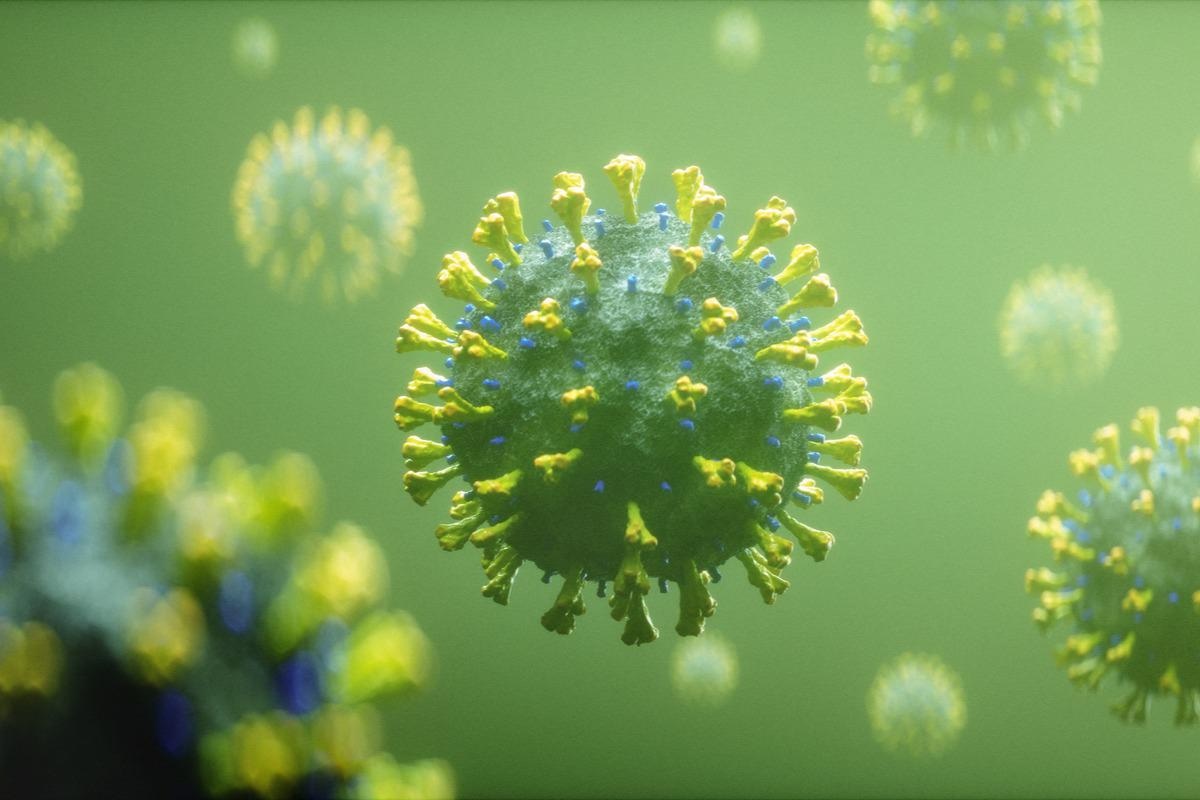In a recent study posted to the Research Square* preprint server, researchers investigated the residual severe acute respiratory syndrome coronavirus 2 (SARS-CoV-2) antigen found in long coronavirus disease 2019 (COVID-19) patients.
 Study: Persistence of residual SARS-CoV-2 viral antigen and RNA in tissues of patients with long COVID-19. Image Credit: visuals21/Shutterstock
Study: Persistence of residual SARS-CoV-2 viral antigen and RNA in tissues of patients with long COVID-19. Image Credit: visuals21/Shutterstock

 This news article was a review of a preliminary scientific report that had not undergone peer-review at the time of publication. Since its initial publication, the scientific report has now been peer reviewed and accepted for publication in a Scientific Journal. Links to the preliminary and peer-reviewed reports are available in the Sources section at the bottom of this article. View Sources
This news article was a review of a preliminary scientific report that had not undergone peer-review at the time of publication. Since its initial publication, the scientific report has now been peer reviewed and accepted for publication in a Scientific Journal. Links to the preliminary and peer-reviewed reports are available in the Sources section at the bottom of this article. View Sources
According to the World Health Organization (WHO), long COVID-19 (LC) is defined as a condition where patients experience COVID-19 symptoms after the acute phase of the disease. Although many studies have focused on LC in the last year, further research is required to understand the cause and magnitude of LC in convalescent patients
About the study
In the present study, researchers explored the presence of SARS-CoV-2 antigens in tissues of post-convalescent patients.
The team collected samples of the skin, breast, and appendix of two patients who displayed LC symptoms almost 175 to 426 days after being diagnosed with COVID-19. Multiplex immunohistochemistry was used to detect the presence of SARS-CoV-2 antigens in these tissues.
Non-specific staining was ruled out by testing the SARS-CoV-2 nucleocapsid (N) protein antibody on the gastrointestinal (N) tissues obtained by the team in 2019 from a different cohort of patients. Furthermore, the team used ribonucleic acid (RNA)-scope to assess the functional significance of residual viral RNA found in the tissues.
Results
The study results showed that the SARS-CoV-2 N protein was detected in the appendix and breast samples collected from convalescent patients. This indicated that residual viral particles persisted in these tissues for over a year after the COVID-19 diagnosis. However, in the breast samples, the viral N protein was present only in the area adjacent to the tumor and not in the tumor itself. The team also observed negative staining in the skin samples, possibly due to the high turnover rate of skin cells.
RNAscope showed the presence of genomic and replicative intermediate viral RNA in the breast and appendix tissues. The detection of replicative intermediate vital RNA indicated ongoing SARS-CoV-2 replication.
Conclusion
The study findings showed the persistent presence of SARS-CoV-2 antigens within tissues suffering from LC. Moreover, the team found that these antigens could be in a state of active viral replication. The researchers believe that the gastrointestinal tract might have an important role as a SARS-CoV-2 reservoir in convalescent and post-convalescent patients. Furthermore, the absence of SARS-CoV-2 antigen in the skin tissues necessitates further research on the distribution of the virus across different organ systems in patients exhibiting LC.

 This news article was a review of a preliminary scientific report that had not undergone peer-review at the time of publication. Since its initial publication, the scientific report has now been peer reviewed and accepted for publication in a Scientific Journal. Links to the preliminary and peer-reviewed reports are available in the Sources section at the bottom of this article. View Sources
This news article was a review of a preliminary scientific report that had not undergone peer-review at the time of publication. Since its initial publication, the scientific report has now been peer reviewed and accepted for publication in a Scientific Journal. Links to the preliminary and peer-reviewed reports are available in the Sources section at the bottom of this article. View Sources
Journal references:
- Preliminary scientific report.
Goh, D. et al. (2022) "Persistence of residual SARS-CoV-2 viral antigen and RNA in tissues of patients with long COVID-19". Research Square. doi: 10.21203/rs.3.rs-1379777/v2. https://www.researchsquare.com/article/rs-1379777/v2
- Peer reviewed and published scientific report.
Goh, Denise, Jeffrey Chun Tatt Lim, Sonia Bilbao Fernaíndez, Craig Ryan Joseph, Sara Gil Edwards, Zhen Wei Neo, Justina Nadia Lee, Sílvia Guerrero Caballero, Mai Chan Lau, and Joe Poh Sheng Yeong. 2022. “Case Report: Persistence of Residual Antigen and RNA of the SARS-CoV-2 Virus in Tissues of Two Patients with Long COVID.” Frontiers in Immunology 13 (September). https://doi.org/10.3389/fimmu.2022.939989. https://www.frontiersin.org/articles/10.3389/fimmu.2022.939989.